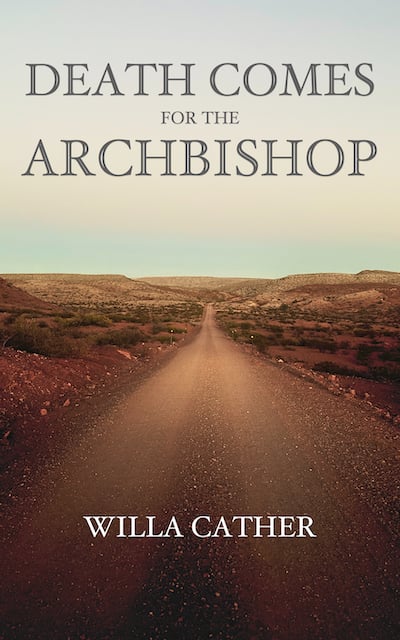
Death Comes for the Archbishop
In the canon of great American literature, Willa Cather's 1927 novel "Death Comes for the Archbishop" stands as a true masterpiece. Through the deceptively simple tale of a French Catholic priest sent to establish a diocese in the rugged territory of New Mexico, Cather weaves a profound meditation on faith, culture, and the human spirit. It is a novel that rewards multiple readings with its subtle characterizations, moral insight, and luminous prose.
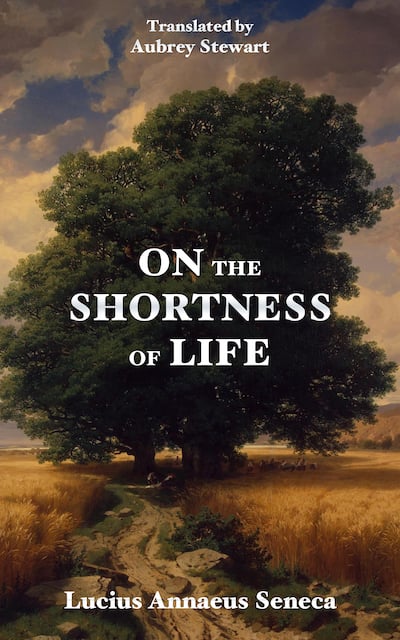
On the Shortness of Life
On the Shortness of Life, a 2,000-year-old moral essay by the Roman Stoic philosopher Seneca the Younger, remains one of the most poignant meditations on time and meaning ever committed to the page.

Heart of Darkness
More than a century after its 1899 publication, Joseph Conrad's Heart of Darkness retains its haunting power as a literary masterpiece. The novella follows Charles Marlow, a steamboat captain, on a voyage up the Congo River to find the enigmatic ivory trader Mr. Kurtz.
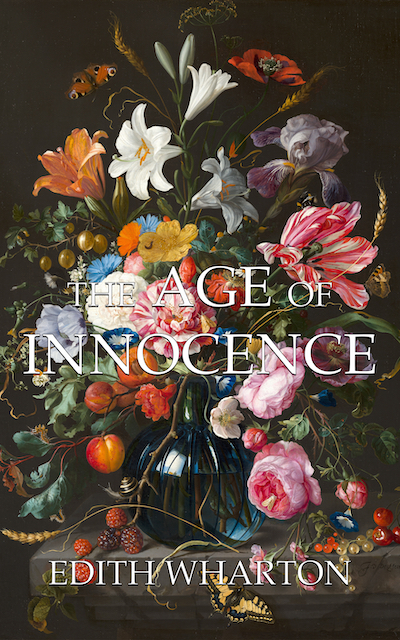
The Age of Innocence
Edith Wharton's The Age of Innocence is a quintessential American classic that transports readers to the opulent drawing rooms and country estates of New York's upper crust in the 1870s.
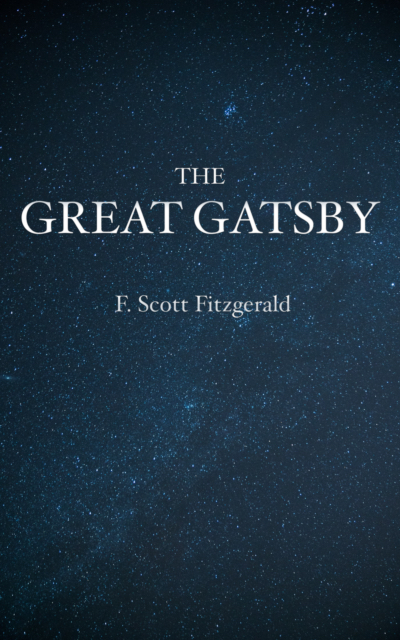
The Great Gatsby
Nearly a century after its publication, F. Scott Fitzgerald's The Great Gatsby remains a quintessential classic of American literature.
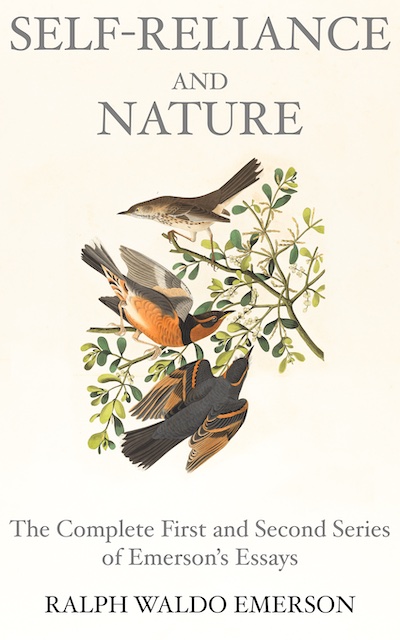
Self-Reliance and Nature
Ralph Waldo Emerson's First and Second Series of essays, originally published in 1841 and 1844, remain towering achievements of American literature and philosophy nearly two centuries later.